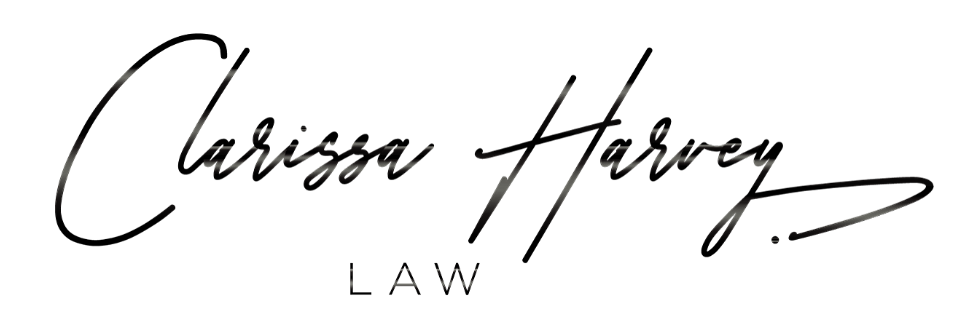📸: A.PAES | Shutterstock
Global pop sensation Katy Perry lost a trademark battle against a small, local Australian fashion designer Katie Perry. The legal dispute, which has captured widespread attention, highlights the complexities and challenges faced by individuals seeking to establish a global brand. Let's delve into the details of this case.
Background:
Katy Perry, known for her chart-topping hits, has made a name for herself as an international pop icon. Katy Perry, (her real name being Katherine Hudson), adopted the stage name in 2004 as a combination of her first name and her mother’s maiden name. Her brand now extends beyond music, with an array of banded merchandise and collaborations showcasing her distinct style.
Katie Taylor, a small Australian fashion designer, who sells clothing under her birth name “Katie Perry” sued the U.S. singer for infringing her trademark rights in Australia. Katie Taylor, has been operating under this name for over a decade before Katy Perry's rise to fame and has built a successful brand, specializing in women's clothing and accessories. The designer started selling clothes using the brand name Katie Perry in 2007, and registered it as a trademark for use in the fashion industry in Australia the following year. The trademark registration gave the Australian designer the exclusive right to use her name in connection with her clothing line.
U.S. singer, Katy Perry, began promoting and selling KATY PERRY branded merchandise and clothing in Australia regardless of Ms Taylor’s registration, during her Australian tour and periodically from that date onwards at concerts, in retail stores and online. ”Imagine my surprise when... I received a letter from lawyers representing the U.S. singer, Katy Perry. They stated that I should immediately stop trading under this name, withdraw all my clothes and sign a document drafted by them to say that from then on I will never trade under this name ever again. A true case of David vs Goliath! I felt bullied, insulted and surprised."- Katie Taylor (Fashion Designer)
Outcome and Implications:
Katy Perry argued that her use of the name was not related to the fashion industry but rather as a stage name. However, the court found in favor of Katie Perry, the Australian fashion designer. The use of Katy Perry’s name in connection with clothing merchandise sales violated the trademark rights of the Australian designer. More specifically, the Judge held that the following actions constituted trademark infringement: (1) Singer, Katy Perry, in her personal capacity posting on Twitter and Facebook promoting costumes and merchandise available for sale in Australia online, at Australian pop-up stores or during Australian tours; and (2) Kitty Purry (her company) advertising, offering for sale and selling clothes (or goods of the same description) bearing the words KATY PERRY during the Australian leg of the Prismatic Tour, at pop-up stores in Sydney and Melbourne, during the Prismatic Tour; and on Bravado’s website.
The Federal Court ordered an injunction restraining Katy Perry and her company from continuing to engage in infringing conduct and further paying damages (the amount will be determined at a later date) to the Australian fashion designer. This decision was a significant victory for Katie Perry and her brand, affirming her exclusive rights to the trademark registration in Australia. "Not only have I fought [for] myself, but I fought for small businesses in this country, many of them started by women, who can find themselves up against overseas entities who have much more financial power than we do," - Katie Taylor (Fashion Designer) wrote on her website. This judgment again emphasizes the importance of protecting your brand and registering a trademark.
The case raises important questions about the global nature of the creative industry and the potential for overlaps in branding and trademarks. It serves as a reminder that thorough trademark searches and clearance procedures are essential for artists and creatives (no matter how famous you are) before establishing their brands, particularly when operating on an international scale. Katy Perry’s legal team should have done a comprehensive search to determine whether there were any existing trademark registrations that could conflict with their use of the name in Australia.
From a broader perspective, this case underscores the need for artists and entrepreneurs to be vigilant in protecting their intellectual property rights. It also highlights the importance of understanding trademark laws and seeking legal guidance to navigate potential conflicts to avoid infringing on existing rights. Even with a substantial amount of money and worldwide fame, it is still challenging to secure trademark rights globally. It is essential to work with a trademark attorney when planning for global expansion, as there may be existing trademark registrations that could conflict with your brand.
© 2023 The Law Office of Clarissa Harvey

